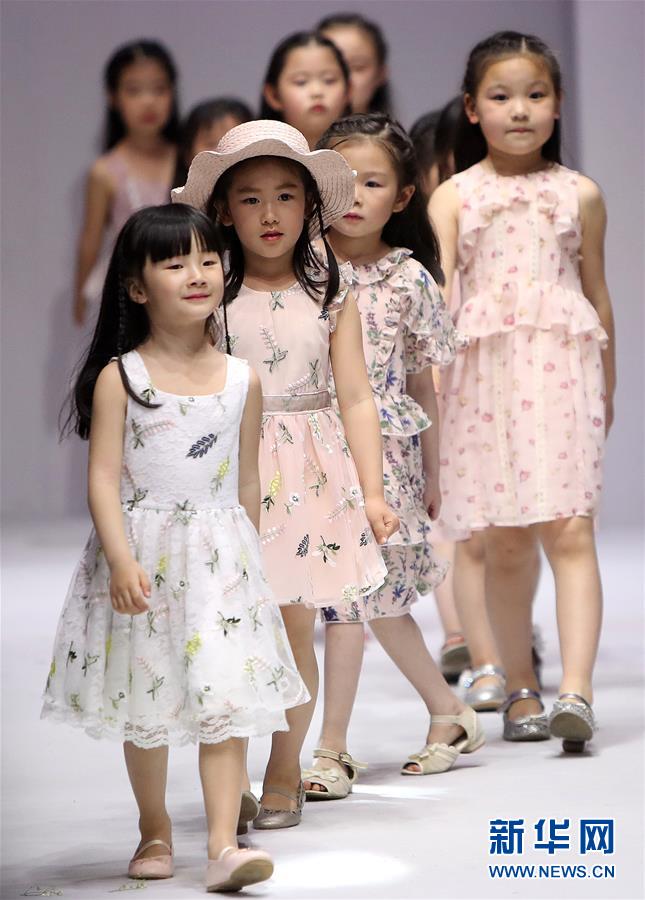【making the bed rock sex videos】THROUGH THE FIRE: Superstar!

By Bill Watanabe
Did you know that one of the biggest superstars of the silent screen era in Hollywood was a Japanese guy named Sessue Hayakawa?
He was cast as the mysterious foreign lover who beguiled young white women on the silver screen before the famous “Latin lover” Rudolph Valentino. He was such a big movie star that his fame and money-earning potential even rivaled that of Charlie Chaplin and Douglas Fairbanks!
As a famous and successful silent screen actor in Hollywood during the 1920s, he lived in a palatial mansion in the Hollywood Hills and threw lavish parties for the glitterati of the Hollywood elite. Wanting to make movies that he thought more accurately portrayed the real Japanese character, he bought and ran his own movie production company and studio.
Sessue Hayakawa was in Los Angeles in the early 1910s and was about to return to Japan to engage in the naval career his parents had planned for him, but instead he became smitten with the stage and decided to pursue acting. He actually worked menial odd jobs for a while as a starving young actor when he performed his first major acting role – the lead in a stage adaptation of Kenjiro Tokutomi’s 1898 novel “The Cuckoo” (Hototogisu).

Hayakawa performed on the stage of Toyo Fujita’s Japanese Theater, which once stood at 320 E. First St. in a Little Tokyo community that was, at that time, young, vibrant, and growing. Due to the success of that performance, Hayakawa joined Fujita’s Japanese theater troupe, which performed in Japanese communities up and down the West Coast.
It was through the Little Tokyo theater scene that Hayakawa and his future wife, Tsuru Aoki, who became a major actress in her own right, connected with filmmaker Thomas H. Ince, who cast both in several silent films in 1914. Hayakawa then went on to become a giant of the silent screen in such films as “The Cheat” and “Daughter of the Dragon,” but it is notable to remember that he was “discovered” right here in Little Tokyo!
Later in life, he starred in various movies and TV shows; he may best be remembered by younger audiences for his role as the Japanese POW camp officer in the 1957 movie “The Bridge on the River Kwai,” which won the Oscar for Best Picture and for which Hayakawa was nominated for an Academy Award for Best Supporting Actor.
My thanks to the Little Tokyo Historical Society and the Sessue Hayakawa Research Committee and especially Bradly Hammond for the diligent research into the early life of Hayakawa and his days in Little Tokyo. A movie star from Little Tokyo? Yes! And not just a star but a superstar!
Bill Watanabe writes from Silver Lake near downtown Los Angeles and can be contacted at [email protected]. Opinions expressed are not necessarily those of The Rafu Shimpo.



